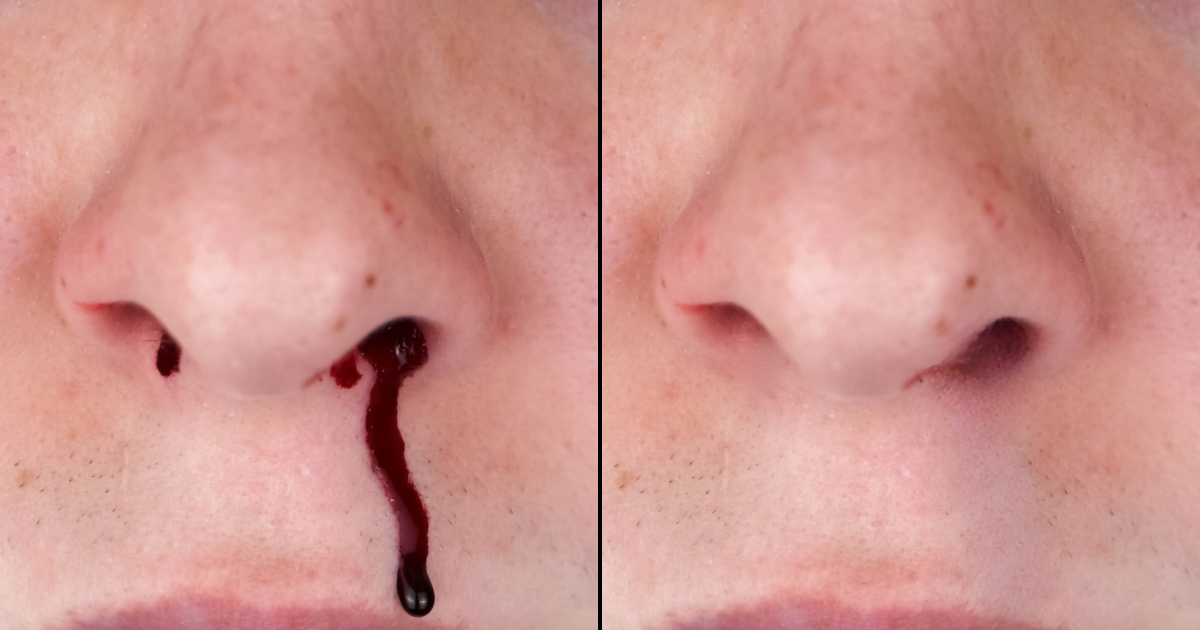Though it seems like new medical advancements happen every day, some of the most common health issues remain a total enigma to us. In fact, the world’s most esteemed organization of doctors just opened up about one medical phenomenon that’s totally beyond their understanding: The American Medical Association has confessed it has no idea where a nosebleed goes when it stops.
Wow. The human body is a puzzle that the AMA may never fully solve.
Earlier today, the AMA issued a public statement revealing they are completely in the dark on where nosebleeds end up when they gradually trickle to a stop, and that they have no idea where to even begin to look for them. According to the statement, doctors across the world have produced numerous theories to explain epistaxis translocation—the official medical term for how a nosebleed suddenly just goes somewhere else—with some schools of thought arguing that nosebleeds retreat back into the skull to become dreams, while others speculate that nosebleeds go to Hell. Ultimately, though, the closest doctors have come to a consensus is that we may never know nosebleeds’ final destination.
“The mystery of where nosebleeds retire to when they are finished is the most humbling question in all of medicine,” read the AMA’s official statement, explaining that medical technology is likely thousands of years away from being able to track a nosebleed as it travels from a person’s face to wherever it goes. “Whether nosebleeds depart to a different dimension entirely, or across the world from one person’s nasal cavity to another’s, we have absolutely no idea, and we are not even remotely close to an answer. These are questions doctors will still be asking hundreds of generations from now.”
Truly, the AMA is out of their depth with this one. Just fascinating.
Next time you have a nosebleed and it suddenly vamooses off to parts unknown, you’ll just have to wave goodbye and let the mystery be, because it doesn’t look like there’s any chance science will ever know where it winds up. Not in our lifetime, at least.





